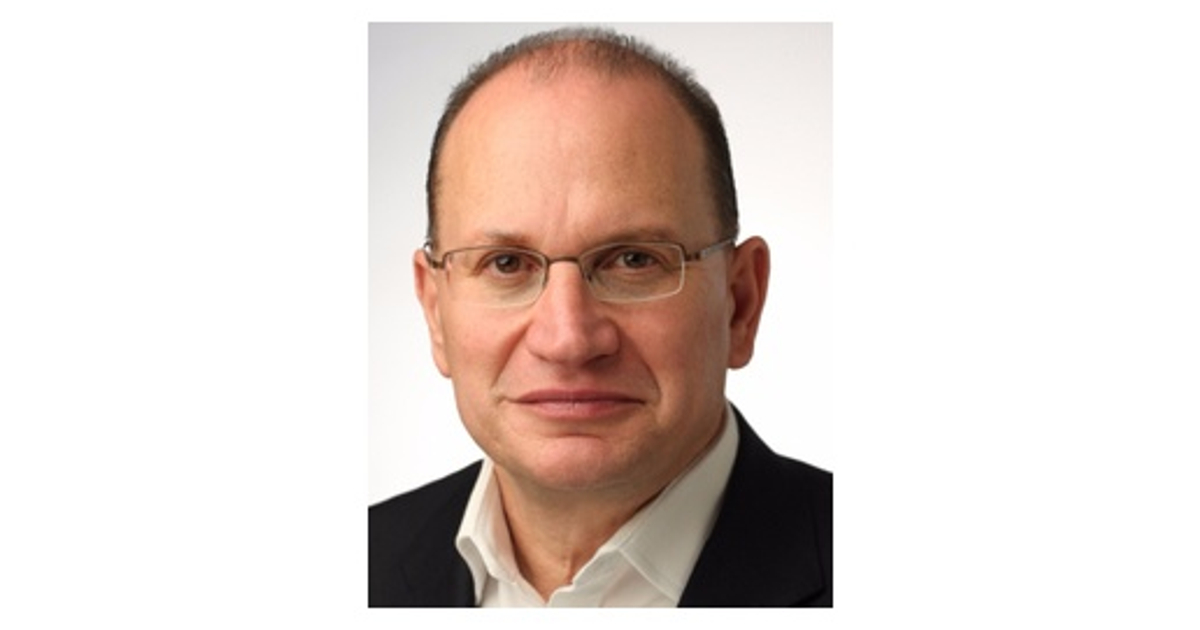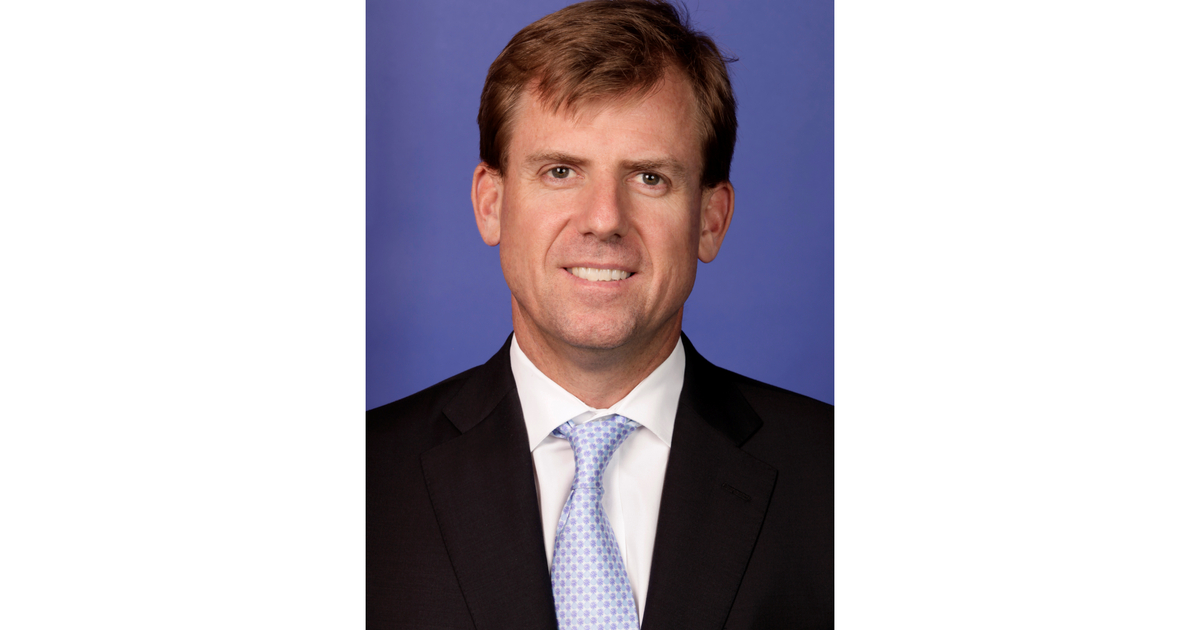From local to global: Startup execs share insights on international expansion and innovation
These executives tell all about the realities of expanding globally and how "go big or go home" is not always the best idea.
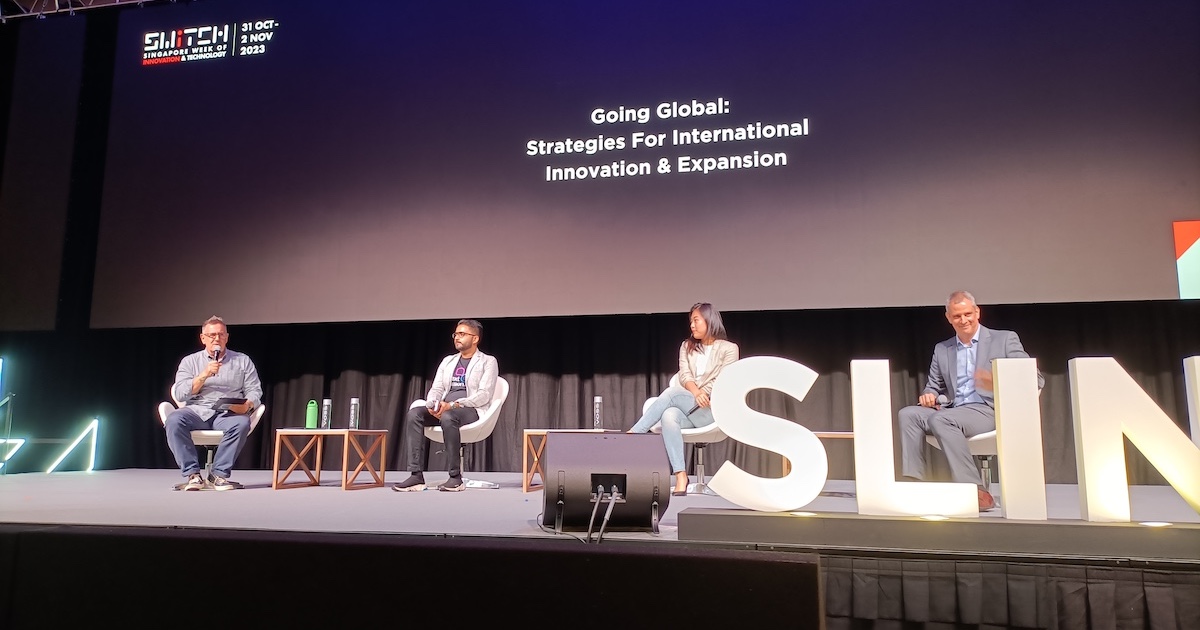
Singapore has been establishing itself as a startup hub by fostering a conducive environment through various organisations, hosting events, and providing resources to local startups aiming for accelerated growth. An example of such initiatives is the annual Singapore Week of Innovation and Technology (SWITCH 2023).
At SWITCH 2023, business leaders from Singapore-based startups took part in a panel discussion earlier this month (November 1). In this session, they shared valuable insights into the strategies for navigating and expanding into international markets.
Factors to consider in your next expansion plan
 Tan Jing Yi, COO of Accredify / Image Credit: Vulcan Post
Tan Jing Yi, COO of Accredify / Image Credit: Vulcan Post If you were to ask any startup what is the ultimate goal for their business, they all share the same sentiment: going global. Many startups have expanded internationally over the past few years, but only a few have achieved tremendous results.
But before a startup can enter a new market, founders have to start planning for expansion the moment they incorporate the company — a move that Singapore startup Accredify stood by to ensure a smooth expansion overseas.
Tan Jing Yi, Chief Operating Officer (COO) of Accredify explained that she and other key figures in the organisation believed in the value of their Trust Technology solutions. “It should not be limited by industry or geography,” she added.
The process of breaking through a new market is often described as tedious, where founders will need to critical of their expansion plans due to the high costs that comes with expansion. This is because many startups are often strapped in terms of resources, and according to Tan, experience the pressure of “making every dollar become two or three dollars.”
She also highlighted that as a trust tech startup, technological readiness is another essential metric to consider as founders need to determine if their solution would be more cost-effective and can potentially replace manpower costs.
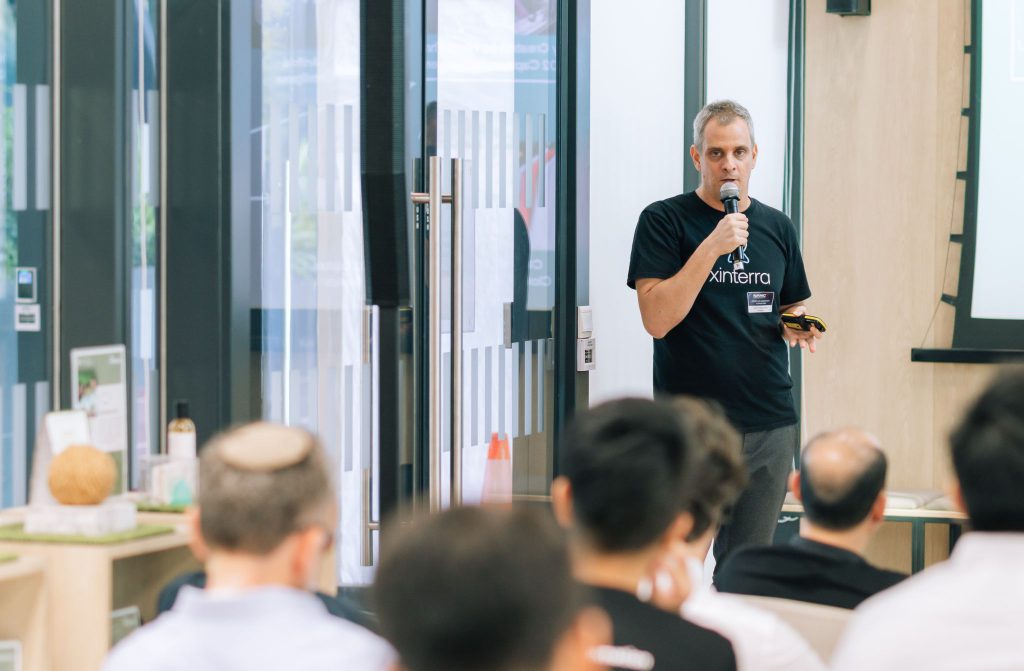 Patrick Teyssonneyre, co-founder and CEO of Xinterra / Image Credit: Patrick Teyssonneyre via LinkedIn
Patrick Teyssonneyre, co-founder and CEO of Xinterra / Image Credit: Patrick Teyssonneyre via LinkedInPatrick Teyssonneyre, co-founder and Chief Executive Officer (CEO) of Xinterra, an AI and sustainability-driven textile company based in Singapore, added that it is critical for a company to ensure that there is a product market fit.
He shared that founders should not only know the company inside and out, they also need to establish a demand for their products in these markets before deciding their next destination.
Firstly, we need to generate revenue from that country — from customers in that country. Once we have that minimum amount of revenue and [have] established a product market fit, now it is time to have some thing physically running in that country.
– Patrick Teyssonneyre, co-founder and CEO of XinterraTimezones is a factor that also needs to be reconsidered when planning to expand, and Teyssonneyre suggests a maximum time difference of three hours to ensure continuity and efficiency in both offices.
Resisting the temptation to over-expand
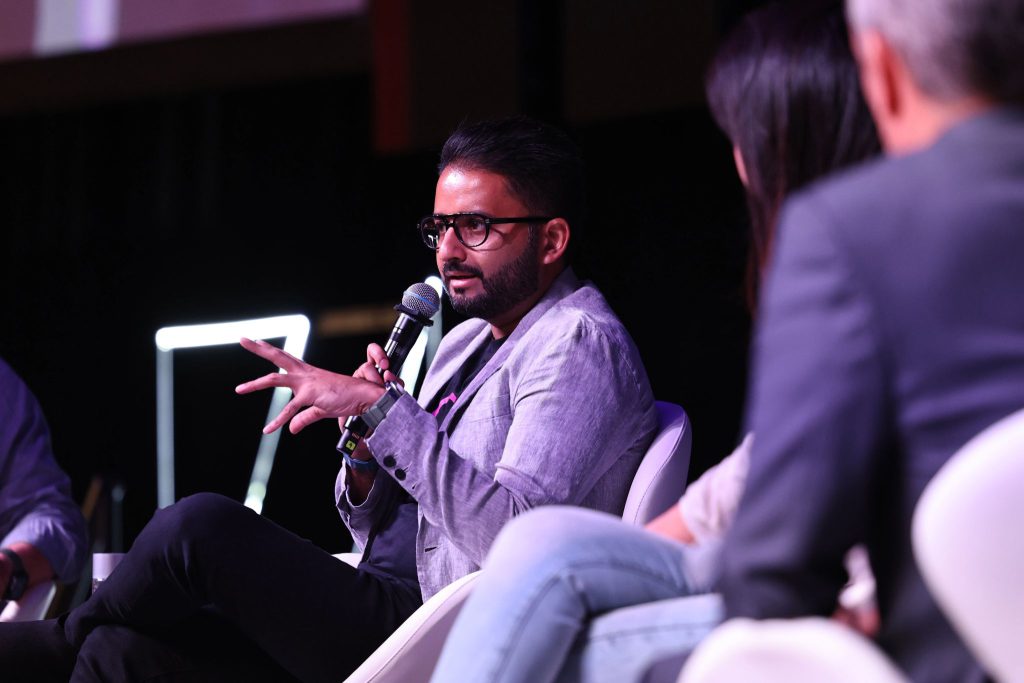 Ajay Bulusu, co-founder and COO of NextBillion.ai/ Image Credit: Ajay Bulusu via LinkedIn
Ajay Bulusu, co-founder and COO of NextBillion.ai/ Image Credit: Ajay Bulusu via LinkedInOn the other hand, there are some startups that made the costly mistake of over-expanding, which could result in a massive loss of capital if finances are not managed properly.
Singapore-based B2B startup NextBillion.ai have entered many countries and regions, including Europe, China and the United States. While Ajay Bulusu, co-founder and COO of NextBillion.ai was quick to admit that they should not have expanded whilst building on their products, he shared that he was able to find out which markets were receptive of his products.
Eventually you have to do this and burn your fingers to know what is working. You have to throw some spaghetti at the wall — we threw some spaghetti and what stuck was [the] US and India [markets].
– Ajay Bulusu, co-founder and COO of NextBillion.aiTan chimed in to say that while that she too hopes that Accredify can achieve groundbreaking results, she pointed out that many startups become overzealous in their expansion plans which burns them out down the road.
You always want to dream big, you always want to conquer the world. I fully agree, but I think it’s important to take each step as as they come instead of thinking ‘I’m gonna conquer everything right now.’
– Tan Jing Yi, COO of AccredifyTeyssonneyre pointed out that while many countries are trying to attract international businesses to establish offices through incentives, startups need to determine their priorities before entering a new market to ensure long-term sustainability of their business.
Leveraging on resources and maximising networking opportunities
Planning to expand your business is never easy, as the process is often described as tedious and complex.
Bulusu shared that expanding overseas was not without its obstacles — hiring local talent being his biggest challenge. “When you go into a brand new country, why would top talent want to work for you where there are already established companies set up by locals?” he questioned.
For Bulusu, he was able to seek support in hiring when he attended a programme held by the Global Innovation Alliance (GIA), a network of Singapore and overseas partners in major innovation hubs and key demand markets, with a focus on technology and innovation. In particular, the programme he attended helped him hire engineers in Singapore, which eventually allowed him to establish an R&D lab in Singapore.
He added that he had to navigate the language barrier when he entered certain countries. Hence, finding and establishing trust with the right partner is extremely important to ensure success in a new market.
Setting up an international branch also meant another round of paperwork. Tan shared that Accredify experienced delays in their expansion as it was challenging to navigate the local regulations and legalities. This resulted in a lot of time spent on finding the right lawyer to facilitate the process, which included crafting contracts in the country’s language.
Tan shared that not only were they able to connect with a dependable lawyer, but they were also able to dissect the intricacies in the government regulations through participating in a acceleration program for startups. She added that having dependable team members can help founders to navigate the continuous changes in the startup scene.
Economies change, political situations change, product change, technology change. But if you have the right people next to you, working with you together to solve problems as they come, you have one less thing to worry about everyday and that is the most important.
– Tan Jing Yi, COO of AccredifyTeyssonneyre followed up by saying that he was able to connect with many startup founders through the networking programmes he attended, adding that he came to learn about other resources and support for startups.
Belusu and Tan echoed similar sentiments, encouraging the audience which included startup founders, to be proactive in looking for opportunities and resources to accelerate their business. “Just ask. Someone will tell you which is the right direction to go,” urged Tan.
ANEXT Bank, a Singapore-based digital bank regulated by MAS, empowers startups with easy and accessible financing to fuel their business growth and expansion.
Featured Image Credit: Vulcan Post

 UsenB
UsenB 























